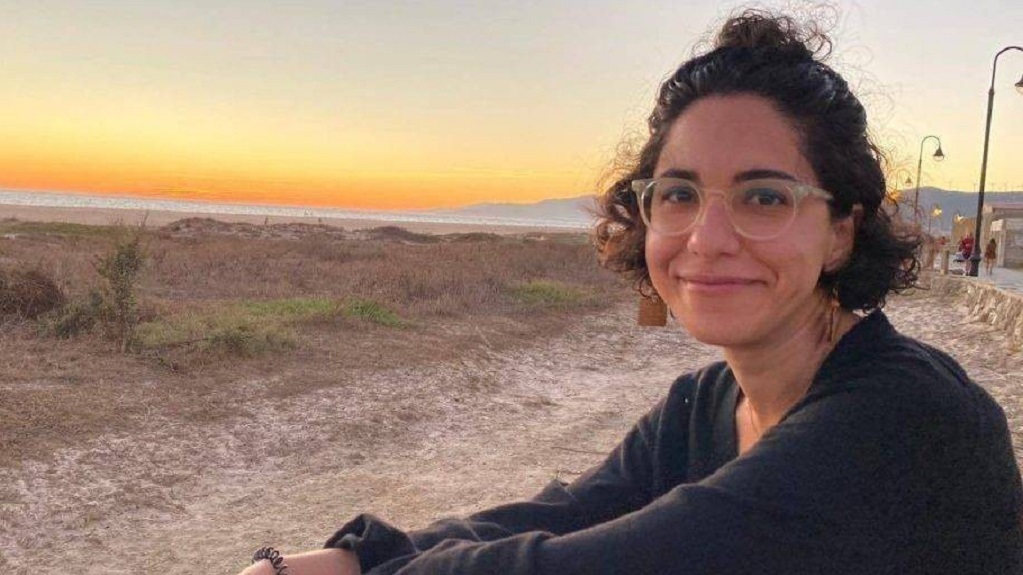The Tbilisi City Court recognized the decision of the Patrol Police Department of the Ministry of Internal Affairs of Georgia not to allow Aida Balafkan, a citizen of Great Britain of Iranian origin, to enter Georgia, as illegal.
News
Aida Balafkan, who is a doctoral candidate in anthropology at the University of London, was denied entry into Georgia on April 26, 2022, at Tbilisi International Airport without explanation. She was going to start research on Georgian carpets and traditional fabrics with the support of Ilia State University. She had visited Georgia prior to this several times.
According to the information from the non-governmental organization Social Justice Center, which represented Balafkan, the British citizen was being checked for hours at the border, questioned, kept away from her husband, and was not given the opportunity to contact the embassy.
“There is reasonable suspicion that Aida Balafkan was not allowed into the country simply because she was born in Iran.
In the decision of the Patrol Police Department, Article 11 1 1 (i) of the Georgian Law on the Legal Status of Aliens and Stateless Persons, was cited, according to which the entry of a foreigner can be refused in other cases provided for by the law. Additionally, during the review of the case in court, the department pointed out that the decision was based on information that constitutes a state secret, because of which Aida's entry would be a threat to the state. The said subclause is systematically applied by the department,” states the Social Justice Center.
According to the organization’s assessment, the case of Aida Balafkan once again confirms that the state institutions authorized to police border crossings establish a practice that violates the rights of foreigners by interpreting the legislation narrowly and in isolation from basic human rights, turning discretionary powers into arbitrariness and making unsubstantiated decisions.















